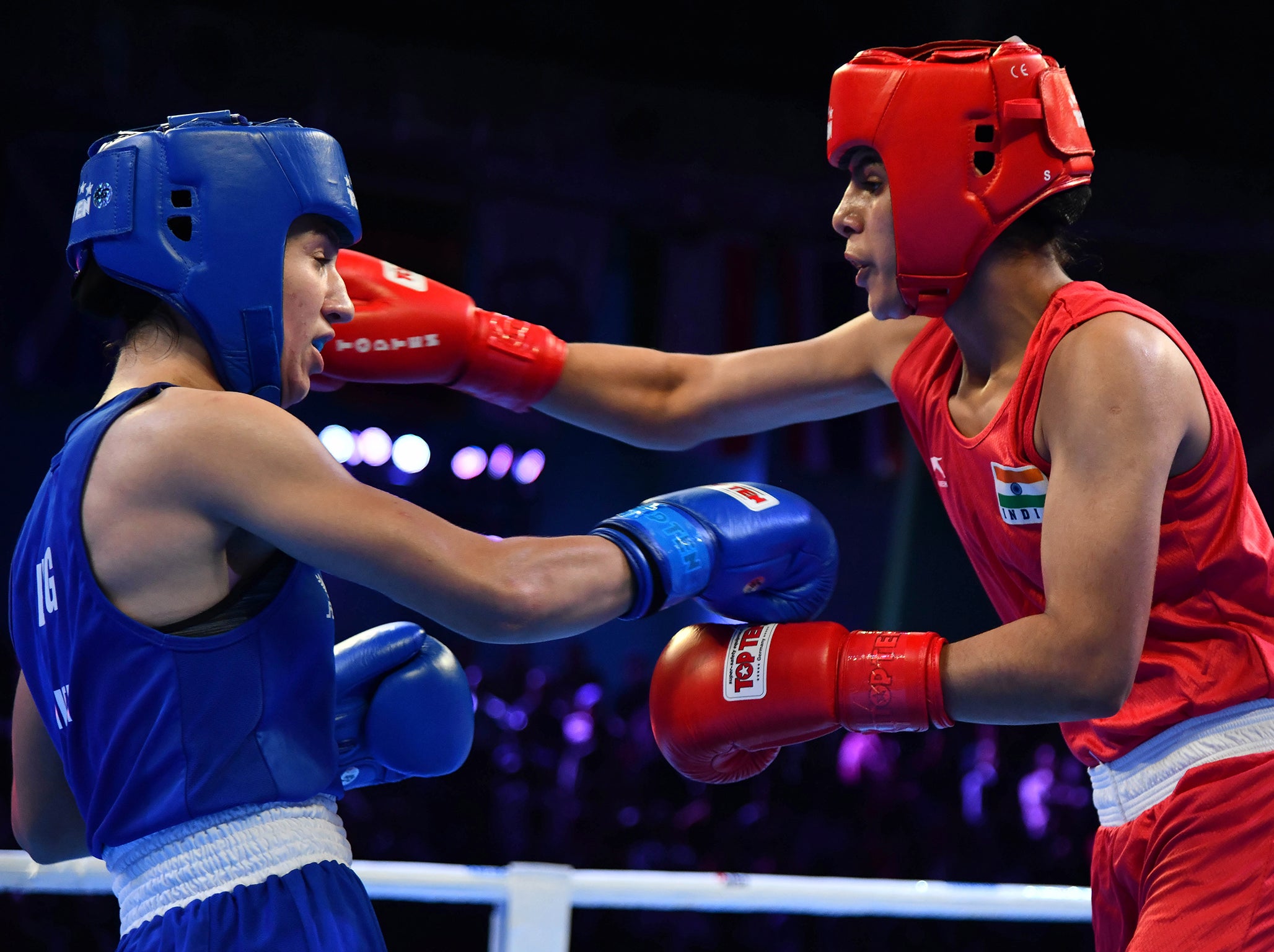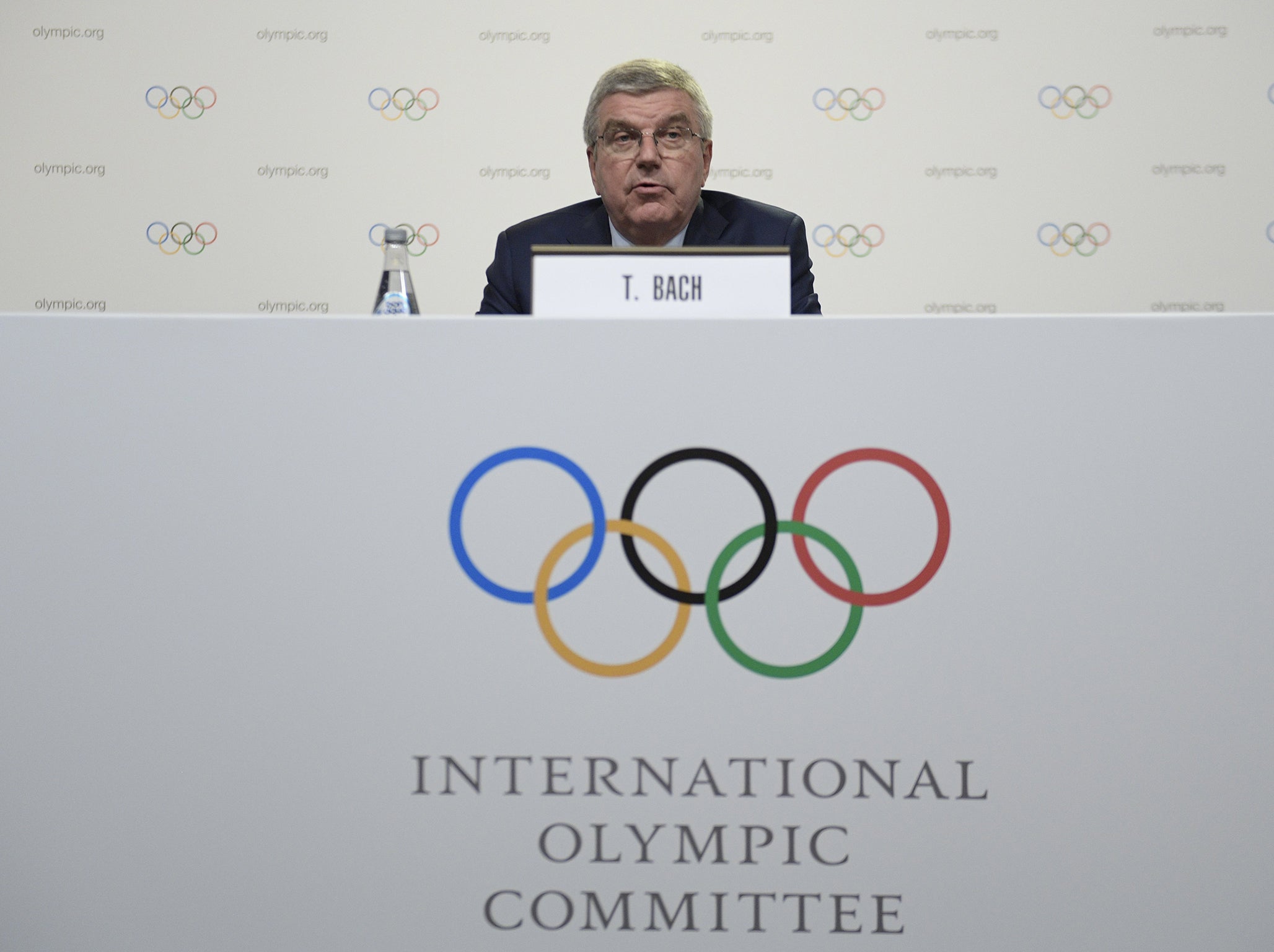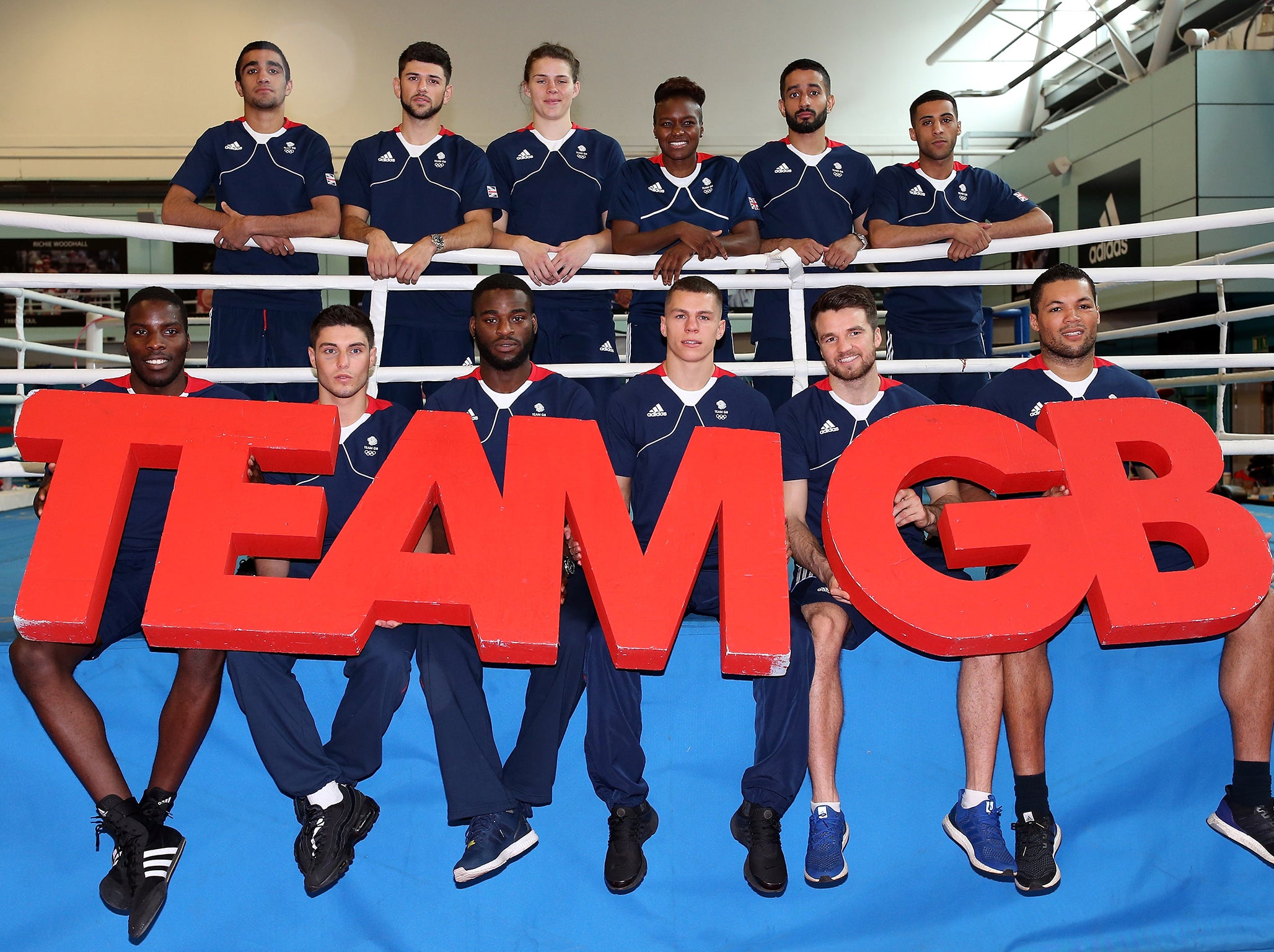The far-reaching repercussions of boxing’s rumble to be the new Lord of the Rings
Next month Gafur Rakhimov will stand unopposed in an election to become the next permanent president of AIBA. The repercussions of this are far-reaching and worrying in the extreme

Your support helps us to tell the story
From reproductive rights to climate change to Big Tech, The Independent is on the ground when the story is developing. Whether it's investigating the financials of Elon Musk's pro-Trump PAC or producing our latest documentary, 'The A Word', which shines a light on the American women fighting for reproductive rights, we know how important it is to parse out the facts from the messaging.
At such a critical moment in US history, we need reporters on the ground. Your donation allows us to keep sending journalists to speak to both sides of the story.
The Independent is trusted by Americans across the entire political spectrum. And unlike many other quality news outlets, we choose not to lock Americans out of our reporting and analysis with paywalls. We believe quality journalism should be available to everyone, paid for by those who can afford it.
Your support makes all the difference.A man known as the Tashkent Connection, the regal bosses at the International Olympic Committee (IOC) and a national idol from deep behind the old Iron Curtain are locked in a vicious, swirling and tragic battle for boxing to remain an Olympic sport.
Gafur Rakhimov, an Uzbek businessman, is the current interim president of AIBA, the organisation that runs amateur boxing and controls the qualifying process for the Olympic Games, and in Moscow at the sport’s Congress in November he will stand unopposed as the next permanent president of AIBA. If that happens, and at present it will happen, the IOC has threatened to evict AIBA and that could mean the end of boxing at the Olympics; all funding from the IOC to AIBA has already stopped.
Rakhimov has been a character of interest in the boxing world since he was refused entry to Australia in the days before the Sydney Olympics in 2000; the Uzbek was an executive officer at AIBA and accredited at the time. He had, previous to that snub, been refused entry to France when landing in a private jet the year before.
Rakhimov ran an export and import business, was close to the Uzbek leadership and he also apparently had a file at the FBI’s offices in Miami. He was, according to the US Treasury Department, “one of Uzbekistan’s leading criminals.” Rakhimov has retained the legal services of high-profile, exclusive and expensive global law firms to defend his name. “I have never been associated with organised criminal groups,” Rakhimov said.

He has never been charged or convicted of any of the lurid crimes he stands accused of.
In January of this year he took over as AIBA president when Dr. Wu, a Taiwanese businessman and previous incumbent, was ousted in a bloodless but savage coup late last year. Wu is threatening legal action to reclaim his crown and that adds to the intrigue; Wu still has powerful friends lurking in the ornate corridors of influence in Lausanne, where both the IOC and AIBA are billeted.
In September an attempt to nominate a rival to stand against Rakhimov in Moscow was halted before it could gain momentum when Kazakhstan’s Serik Konakbayev failed to register the prerequisite 20 votes. Konakbayev, an Olympic silver medalist from 1980 and genuine Kazak idol, has an appeal under review at the Court of Arbitration for Sport; The Kazak was foiled, so he claims, by an unfair voting process when his letters of support from the 203 boxing federations failed to reach AIBA’s Lausanne offices because the deadline was a Sunday. He argues that he would be Rakhimov’s opponent now had the deadline been sensibly switched to a Monday.
He, like Wu and Rakhimov, has vast personal wealth to pursue - like the other two - justice through the courts. The trio act like there is some type of mystical criminal court, a place where the sporting equivalent of retired Jedi knights and Marvel heroes sit in judgement on the men and women running and ruining sport down here on earth.

The threat to boxing’s position in the Olympic movement is grave, but the IOC has attempted to reassure boxers that they will “protect the Olympic dream” and keep boxing in Tokyo; the IOC seem convinced that expulsion is imminent and, at present, unavoidable. The decision from the CAS, which is due this week, could offer salvation if Konakbayev is belatedly allowed to face Rakhimov across the ballot box in Moscow in November. However, there is no guarantee that the Kazakh will beat the Uzbek in the struggle, even with the sport’s slickest anonymous operators working in the darkness to end Rakhimov’s days.
The IOC’s stance is crystal clear: if Rakhimov wins boxing, as we know it, will not be part of the programme in Tokyo.
The IOC’s flimsy assurance to keep boxing in their Games, but somehow exclude the men and women that put together and govern and sanction the dozens of international events, which form the backdrop to final Olympic qualification, is extremely vague. There are rumours of an invite-only event, a bizarre spectacle possibly featuring the elite from the professional business and not the finest from the amateur world. The AIBA affiliated federations are understandably concerned and many, like the excellent GB set-up, are funded directly from Olympic success; the livelihoods of dozens in Britain alone are seriously under threat if Rakhimov wins.

So, somewhere between the claims of heroin smuggling, extortion, threats, bold statements and the end of childhood dreams to win a gold medal, a compromise needs to be found and the clock is ticking down quicker than ever to the start of the AIBA Congress in Moscow on November 2.
Back in 2006 I met Rakhimov and it was difficult to penetrate beyond the gruff civilities of a man on the brink of expulsion from his own beloved country. Rakhimov was exiled to Dubai and Moscow in 2010 - an undesirable in his homeland - and that travel ban was only lifted in July when he was removed from the Uzbek government’s “Wanted List”. His great summer of fun continued when he announced that he would run for permanent president of AIBA in August - a decision that has placed boxing as an Olympic sport in critical danger.
There is no simple solution to the labyrinthine mysteries of AIBA’s inner-depths, but before the urgent cleansing, a compromise with Rakhimov must be reached or there will be nothing but memories left to dissect. Perhaps, that is the IOC plan, a plan that will break the very hearts of every kid who ever dreamed of Olympic glory the first time he stepped trough the doors at a dirty amateur boxing club.
Join our commenting forum
Join thought-provoking conversations, follow other Independent readers and see their replies
Comments